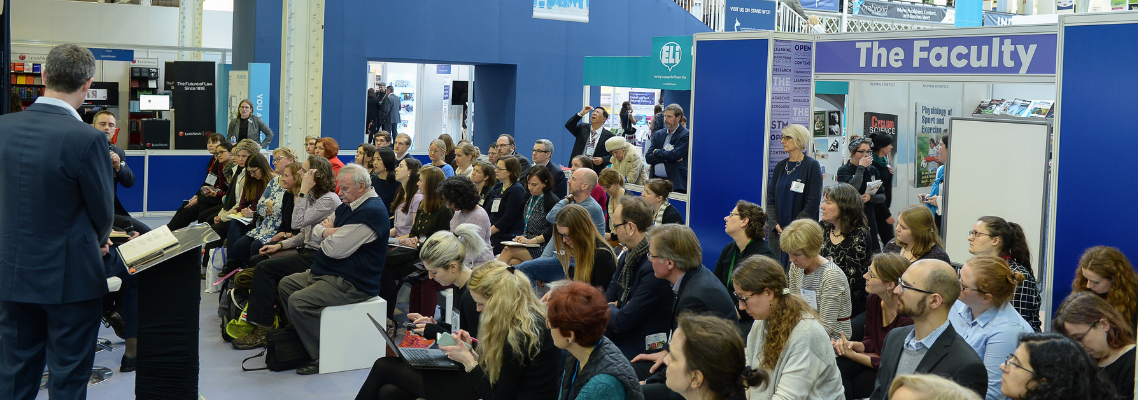Stakeholders share feedback on Plan S proposals
The deadline for feedback on the radical proposals put forward by the cOALition S consortium of research funders has passed, with stakeholders from across the research and publishing landscape making their responses publicly available.
Reflecting the anxieties of its many members, the Association of Learned and Professional Society Publishers (ALPSP) has raised concerns about the proposed pace of change – the joint project on the sustainability of society journals, announced earlier this month, will only report four months before the plan is due to come into effect – and the implications both for smaller publishers and those without funding for publication; it has also requested clarity on the requirements for transformative agreements and the retention of different licensing options for authors. The Royal Astronomical Society meanwhile expressed ‘serious concerns’ about the plans, suggesting that some of the guidance appeared ‘contradictory, or far too inflexible’; flagging up concerns about its impact on learned societies, international teams of researchers, and those without large grants that include funding for publication costs, the Society requested that the coalition ‘revoke the proposed ban on publishing in hybrid journals, and [be] less prescriptive about the licence for published papers’.
Many open access publishers expressed their support for the proposals, some with a few reservations. Open Access publisher Hindawi strongly supported Plan S, while In a detailed series of responses, Martin Eve, Open Access advocate, academic and co-founder of the Open Library of the Humanities, though supporting the initiative and happy with its timescale, called for greater clarity on licensing with regard to third-party content, and whether the publication of research funded by a Plan S signatory in a hybrid journal would be compliant if the publication costs were not paid by the funder.
New Wiley deal with DEAL
Wiley has announced a new agreement with Projekt DEAL, which will provide researchers at the 700 German academic institutions that comprise the consortium with access to all Wiley journals from 1997 on, and the opportunity to publish articles open access in Wiley journals. The three-year deal will also see the creation of a new flagship interdisciplinary open access journal, the establishment of a new open science and author services development group, focusing on innovating and accelerating new publishing approaches, and a new annual symposium for early-career German researchers on the future of research communications.
London Book Fair announces scholarly publishing talks at this year’s Fair
Details of the series of talks on scholarly publishing at this year’s London Book Fair are now available. Hosted once again at at The Faculty, sessions across all three days of the Fair include presentations on The Six Life Stages of the Academic Author, talks on metadata, creative commons, machine learning, Brexit, and Fake News, plus many others.
Clarivate merges with Churchill, extends peer review pilot
Clarivate Analytics is to merge with Churchill Capital Corp, in a move that will see the new company, known as Clarivate, publicly listed on the New York Stock Exchange with an initial value of around $4bn. The business will continue to be run by the existing Clarivate management, led by CEO Jay Nadler and CFO Richard Hanks; Churchill CEO Jerre Stead will serve as chairman of the combined business.
Clarivate recently announced an expansion of its existing transparent peer review pilot with Wiley. The pilot began in in September 2018 with the application to the Wiley journal Clinical Genetics of the first scalable open peer review workflow system, delivered by Clarivate companies Publons and ScholarOne. The expansion will see ten more journals, including the Journal of Advanced Nursing and the European Journal of Neuroscience, join the scheme.
Digital Science issues new report, acquires new company
Digital Science has released a new report analysing changes in the open access landscape since 2000. The Ascent of Open Access uses data from Dimensions to explore trends in OA, with findings including the continuing leading role played by the UK in promoting open access, with more than half UK output available through OA channels. The organisation has also announced a new member of its portfolio of companies supporting the research lifecycle: CC Technology provides a grant management workflow system to research funders, public bodies, and international development charities.
In brief
UCL Press’s new megajournal UCL Open is now open for submissions. Powered by the ScienceOpen discovery and publication platform, the journal is being piloted with UCL Open: Environment, which will include contributions from the life and earth sciences, as well as medical, physical, population, engineering, and social sciences.
Nature will be launching three new online-only, subscription-based journals: Nature Food, Nature Cancer and Nature Reviews Earth and Environment. All three will open for submissions this year, with their first issues published in January 2020.
Knowledge Unlatched has partnered with IWA Publishing to make fourteen of the publisher’s titles available through open access.

Alastair Horne is a PhD student at the British Library and Bath Spa University.

